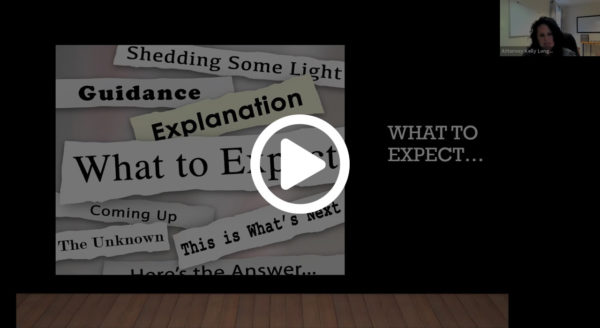Estate planning often feels complex, leading many people to rely on assumptions that can have devastating consequences for their loved ones and their legacy. From who can make decisions for you to whether you need an estate plan, common myths can stand between you and a secure future. Let’s debunk these widespread misconceptions and reveal four essential truths about effective estate planning.
Myth 4: I am not wealthy enough to need an estate plan.
Reality: This myth is perhaps the most dangerous. Almost everyone, regardless of their net worth, can significantly benefit from thoughtful estate planning. While an estate plan certainly addresses your financial accounts, estate planning encompasses far more than just money.
- Protecting your children. If you have minor children, a will is the primary legal document for nominating a guardian to care for them if something happens to you. Without one, a court will decide who will raise your children—without your input—often through a public and potentially contentious process.
- Caring for pets. You can ensure that your beloved pets are cared for after you have passed away or during a time when you cannot care for them.
- Distributing sentimental items. A personal property memorandum can specify who receives your cherished family heirlooms, artwork, or other nonmonetary items, which can help prevent family squabbles.
- Planning for your incapacity. A comprehensive estate plan allows you to name trusted individuals to manage your finances, make medical decisions, and carry out your wishes without the delays and expenses of court involvement if you become incapacitated. Such protection is valuable regardless of how much money or property you own.
Estate planning is about taking control, ensuring that your wishes are honored, and providing peace of mind for you and your loved ones, no matter what you own. To learn how estate planning can benefit your specific situation, call us to schedule a consultation.

